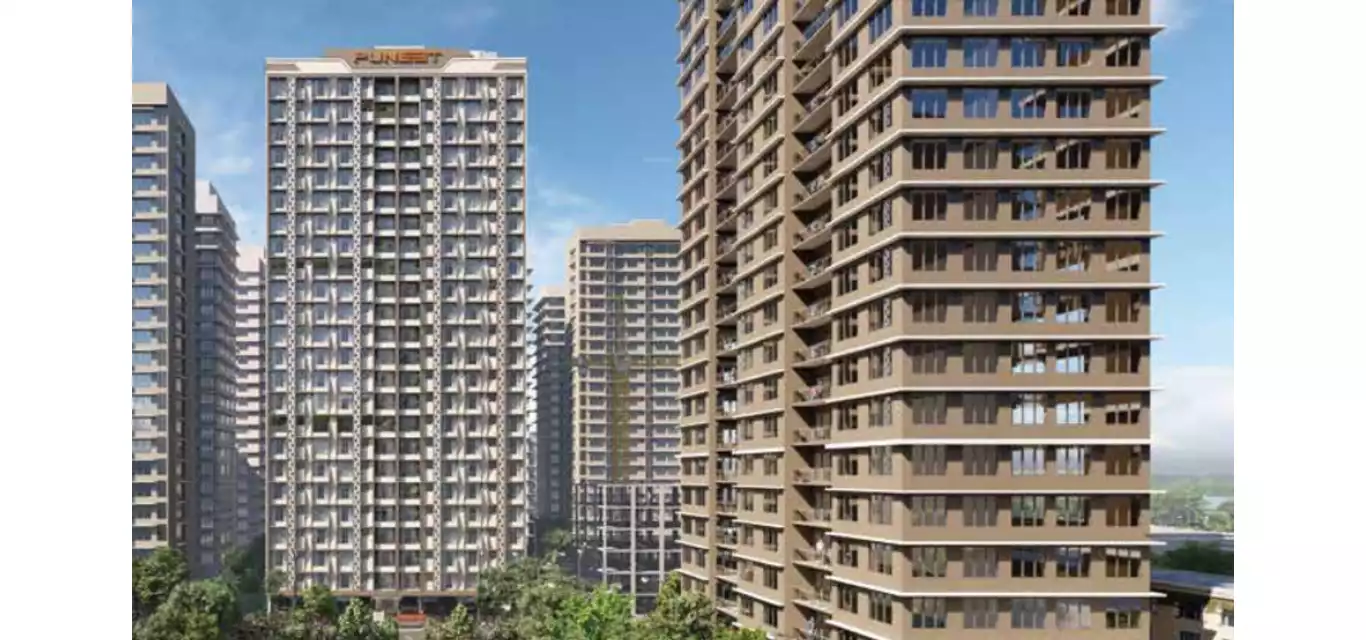Pune’s southern suburbs—Undri, Mohammadwadi, NIBM, and Pisoli—are now grappling with the severe repercussions of unchecked urbanisation. Despite a rapid real estate boom over the past decade, transforming them into densely populated residential clusters, essential civic infrastructure has failed to keep pace. This growing disparity has ignited public outrage, with residents demanding immediate accountability and comprehensive solutions to foster sustainable, eco-friendly, and equitable urban development.
Since their merger into the Pune Municipal Corporation (PMC) in 2017, these neighbourhoods have witnessed exponential population growth. For instance, Undri, as per the 2011 Census, recorded 34,892 residents (18,858 male, 16,034 female), and Pisoli, 15,190 (8,210 male, 6,980 female). However, despite being under PMC jurisdiction for over seven years, residents report pervasive infrastructure deficiencies. These include a lack of consistent water supply, the absence of functional sewage and drainage systems, severely broken internal roads, inefficient waste management, and inadequate public transport and streetlights. The continued prevalence of unregulated construction further exacerbates congestion and strains already limited civic resources, hindering the region’s progress towards becoming a truly smart and sustainable urban centre.
The inadequacy of public transport remains a critical concern, with abysmally low bus connectivity for these rapidly growing suburbs. Only a handful of buses serve these areas, such as Bus No. 192 (Hadapsar to Undri-Wadachi Wadi) with just four trips per day, and Bus No. 194 (Pune Station to Undri) with a solitary daily service. This minimal connectivity forces residents to rely heavily on private vehicles, contributing to increased traffic congestion, vehicular emissions, and a higher carbon footprint, directly undermining efforts to create zero net carbon cities. A PMPML official acknowledged the shortfall, promising an expansion of services upon the availability of additional vehicles, a much-needed intervention to promote sustainable mobility.
PMC officials have assured residents that comprehensive action will follow the approval of a long-pending Development Plan (DP). Laxman Kadbane, Ward Officer, PMC Kondhwa-Yeolewadi, stated that “Once the DP is ready, work on roads, water supply, and drainage will begin immediately.” While the PMC Road Department Chief, Aniruddha Pawaskar, noted ongoing pothole repairs using modern techniques, these short-term fixes fall far short of addressing the systemic infrastructure deficit. The reliance on a delayed DP highlights a critical planning gap that has allowed unchecked growth to outpace essential civic provisions, leading to the current state of disarray.
The crisis extends to critical environmental infrastructure, particularly concerning water management. The blocking of natural drainage channels has been identified as a primary cause of widespread waterlogging, a problem compounded by ongoing Metro construction. The PMRDA and MIDC have identified 15 waterlogging points, issuing directives for their resolution. In a recent review meeting, stop-work orders were issued to 12 companies and developers, with warnings of First Information Reports (FIRs) for continued non-compliance. This firm stance on clearing encroachments on natural drainage paths is crucial for mitigating environmental degradation and enhancing the city’s resilience against climate-induced challenges, ensuring healthier living conditions for all.
Frustrated by years of civic neglect, residents have launched an online petition, articulating clear demands for an approved Development Plan, reliable water supply, functional sewage and drainage systems, safe roads, adequate street lighting, pedestrian walkways, and increased public transport connectivity. They also call for complete transparency and accountability from the municipal administration. After more than eight years of civic stagnation since their merger into PMC, these growing suburbs are now collectively demanding the urban dignity they have long been denied. This concerted citizen action underscores the imperative for responsive governance that prioritises the well-being and equitable development of all its communities.
The situation in Pune’s southern suburbs serves as a critical case study for urban planners across India. It highlights the profound challenges of managing rapid urbanisation without commensurate infrastructure development and unified governance. To build truly sustainable, eco-friendly, and equitable cities, it is paramount that growth is meticulously planned, essential services are delivered proactively, and civic administrations are held accountable to their citizens. The demands from Undri, Mohammadwadi, NIBM, and Pisoli resonate with a broader national aspiration for well-managed urban spaces that offer a high quality of life for all residents.
Also Read: India Distributes 10 Lakh Footballs to Schools Under FIFA Initiative


